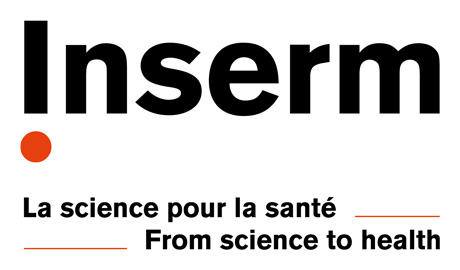





Thematic network “HEART - BRAIN INTERFACES”
Objective
The thematic networks organized by Inserm aim to facilitate the emergence of new research areas by enabling teams working on a common issue to get to know each other and share information. As such, the networks provide a structure for new research communities and a fertile environment for future collaborative projects to foster the development of innovative concepts.
Description
There are several reasons for establishing a collaborative preclinical and clinical research network for cardiac and neurological physiological processes and pathologies, known as the heart-brain axis. Cardiovascular and neurological diseases, including heart attacks and strokes, are leading causes of global mortality and morbidity. The heart and brain are closely interconnected physiologically through the vascular system. Cellular degeneration, autoimmune and inflammatory reactions, and electrical activity dysfunctions are common mechanisms in both cardiac and neurological pathologies.
Understanding the similarities, differences, and specificities of the physiological and pathological mechanisms of these pathologies can improve their diagnosis, prognosis, and treatment. To gain a better understanding of these processes and make faster progress in treating diseases, it is necessary to consider the full range of interactions between the heart, the vascular network, and the brain. Innovative therapies that target the heart and brain individually or simultaneously, such as drug-based and endovascular thrombolytic strategies, treatments aimed at reducing cell death, anti-inflammatory approaches, and reparative strategies, should be developed. Prevention approaches for these conditions have common features, including the prevention of cardiovascular risk factors such as hypertension, diabetes, and high cholesterol. The diagnosis and prognosis of these conditions use common approaches, notably electrophysiology, nuclear magnetic resonance (MRI), and ultrasound imaging, as well as the search for circulating biomarkers. Therefore, gaining a better comprehension of shared risk or protective factors and the underlying mechanisms should help to develop more effective prevention strategies for cardiac and neurological diseases.
Coordinators of the network
Axes and themes
Scientific fields
Cardiovascular and neurovascular diseases – cardiology – neurosciences - neurology – hematology – health technology – imaging – immunity – biocollections – biomarkers – epidemiology
Contact * contact.reseaucoeurcerveau@inserm.fr